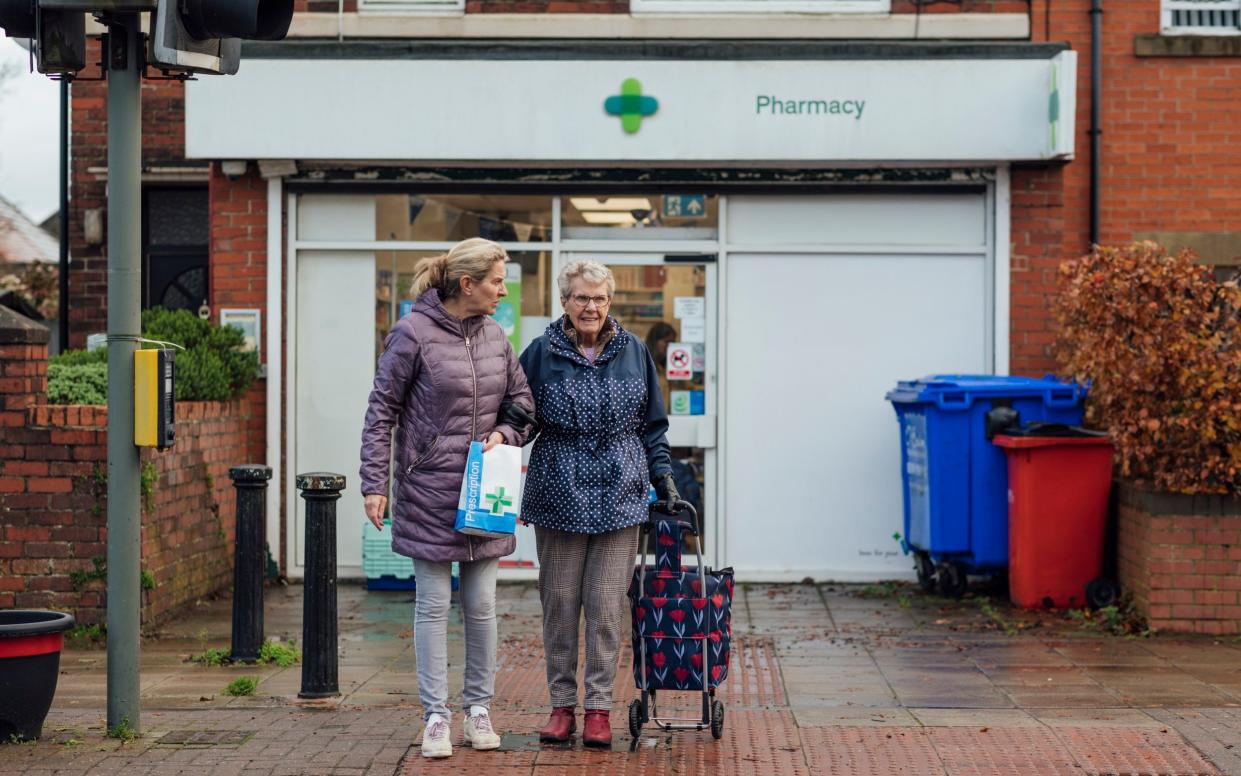NHS flagship pharmacy plans ‘under threat’

The NHS’s flagship plan for pharmacies is “under threat” after a record number of chemists closed in the last year.
There was a loss of 432 pharmacies in the 12 months ending April 2024, which is on average more than one a day.
It means there are just 10,117 pharmacies left on England’s high streets, almost 2,000 fewer than there were just eight years ago, at a time when the NHS is trying to make chemists the front door to the health service.
Industry leaders have said the loss of community services will only make it harder for patients to get their prescriptions and medicines, as well as make use of the flagship NHS scheme called Pharmacy First.
The pharmacy’s first initiative was launched at the start of the year and gave extra powers to chemists to treat seven common conditions such as ear infections and sore threats, including by prescribing medicines, in a bid to free up GP time.
Mounting financial pressure
But the number of chemists operating in communities has fallen for eight consecutive years, with the number closing far outpacing those opening amid mounting financial pressure and challenges to keep businesses profitable.
The previous high for chemist closures in a single year came during the pandemic when the number operating fell by 213 between April 2020 and March 2021, but that figure has been dwarfed by almost double that having shut their doors permanently in the last 12 months.
Malcolm Harrison, chief executive of the industry trade group Company Chemists’ Association (CCA), said: “The delivery of vital NHS services such as Pharmacy First is under threat” unless action is taken.
He told the Sunday Telegraph that “pharmacies continue to close at an unprecedented rate” because of the “untenable” real-terms funding cuts of 30 per cent since 2015 that have left the businesses “effectively subsidising the NHS”.
“Pharmacies cannot be expected to operate at a loss,” he said. “Unless action is taken to halt the ever-increasing rate of pharmacy closures through additional funding, the delivery of vital NHS services such as Pharmacy First, is under threat.
“Without significant additional funding, fewer pharmacies will result in patients finding it even harder to access the medicines and clinical NHS care that they need,” he added.
Deprived areas
There are also around 400 distance-selling pharmacies in England but these generally provide postal services and are not within the community or able to provide Pharmacy First services to patients.
Analysis by the CCA has found that the closures are also disproportionately affecting the most deprived areas where access to community services like GP and dental practices are equally suffering.
More than one-third of the chemist closures have occurred in the 20 per cent most deprived areas of the country.
The trade association said “distance decay” would mean people who have to travel further from a pharmacy would be less likely to go, jeopardising their health, and undermining the Pharmacy First scheme.
Mr Harrison said these were the “communities who need primary care access the most”.
“Pharmacy first is already freeing up GP capacity and increasing patient access to primary care, especially for the most deprived communities. It would be a shame to see such an essential service put at risk,” he said.
A Department of Health and Social Care spokesman, said: “More than four in five people live within a 20-minute walk of a pharmacy, and there are twice as many pharmacies in deprived areas, making access to care quicker and more convenient.
“We have made up to £645 million of new funding available over two years to support the expansion of community pharmacy services, which comes on top of the £2.6 billion pharmacies already receive per year.
“Pharmacy First has been widely welcomed by the pharmacy sector and so far, 98% of pharmacies have signed up.”

 Yahoo News
Yahoo News 